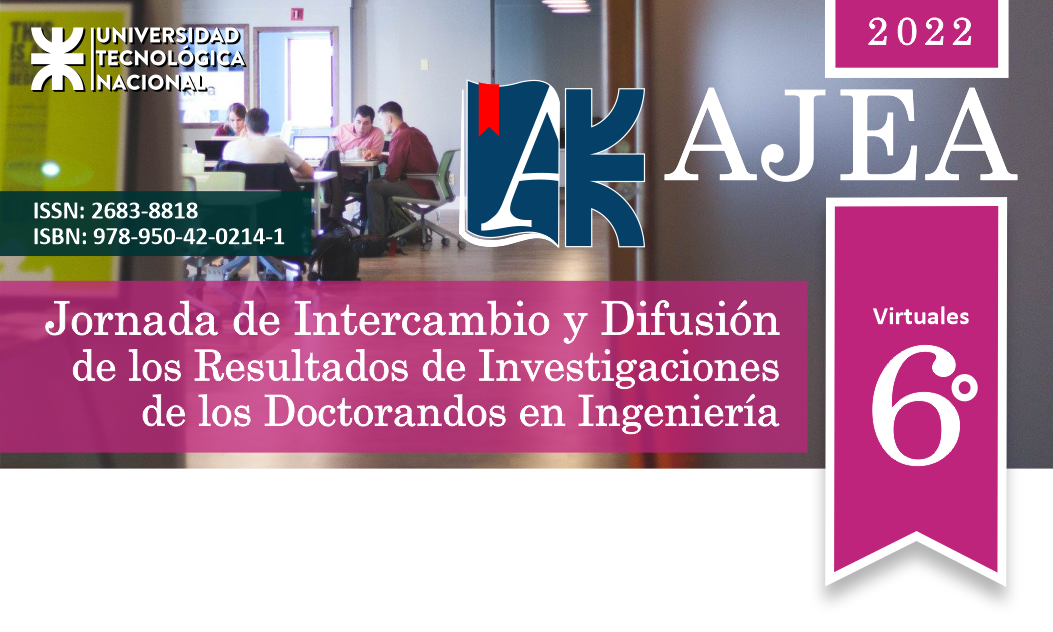Sodium diclofenac degradation by catalytic wet oxidation using CoFe2O4
DOI:
https://doi.org/10.33414/ajea.1101.2022Keywords:
diclofenac degradation, catalytic wet oxidation, cobalt ferriteAbstract
In this work, catalytic wet oxidation was applied to degradation of sodium diclofenac in aqueous solution is presented. The operation parameters of reactor feed, oxidant flow and reaction temperature were investigated. The system was carried out in a fixed bed reactor using pure oxygen and cobalt ferrite as catalyst. The optimum conditions for the process were determined as follows: pharmaceutical concentration=40 mg/L, oxygen flow = 150 mL/L, reactor feed = 0.25 mL/L and temperature = 200°C. Under these conditions 97.59% of the sodium diclofenac were degraded. The reaction kinetics were also studied, and the process could be described by pseudo-first-order kinetics. The apparent activation energy was calculated as 20.75 kJ/mol. This process could be used as a pretreatment method for wastewater containing pharmaceutical compounds.










